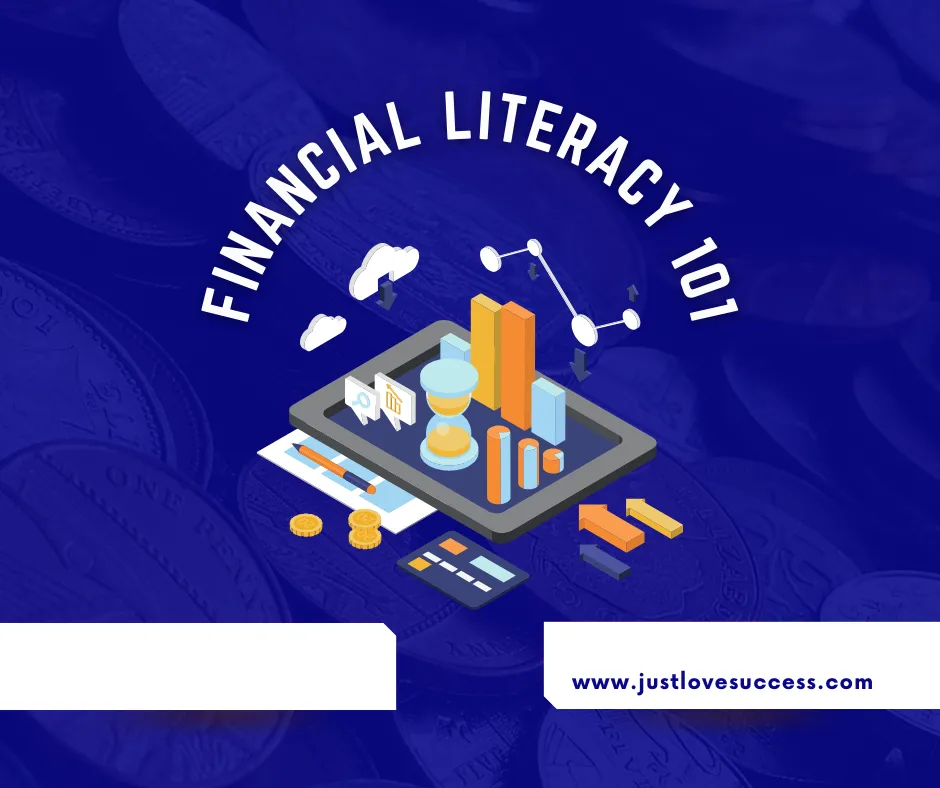
Bridging the Gap: The Urgent Need for Financial Literacy Among Americans
Financial literacy is the cornerstone of personal financial success, yet a troubling number of Americans remain woefully unprepared to manage their finances effectively. The consequences of this financial illiteracy are far-reaching, affecting everything from individual prosperity to the broader economic health of the nation. To address this issue, it is crucial to emphasize the importance of real financial education, the role of licensed financial professionals, and the need to close the financial literacy gap through comprehensive education and licensure.

The State of Financial Literacy in America
Financial illiteracy is alarmingly prevalent in the United States. According to a study by the National Financial Educators Council, the average American loses over $1,200 annually due to a lack of financial knowledge. This financial illiteracy manifests in various ways:
1. Debt Mismanagement: Many Americans struggle with high levels of debt, often due to a lack of understanding about interest rates, loan terms, and the long-term impact of debt accumulation.
2. Insufficient Savings: A significant portion of the population has inadequate savings for emergencies, retirement, and other long-term needs. According to a survey by the Federal Reserve, nearly 40% of adults would be unable to cover a $400 emergency expense without borrowing or selling something.
3. Poor Investment Decisions: Without a basic understanding of investment principles, many individuals either avoid investing altogether or make uninformed decisions that jeopardize their financial future.
The Role of Licensed Financial Professionals
While there is a plethora of financial information available online, the complexity and nuance of personal finance often require professional guidance. Licensed financial professionals play a critical role in providing this education and advice.
1. Expertise and Experience: Licensed professionals have undergone rigorous training and certification processes, ensuring they possess the knowledge and skills to provide accurate and effective financial guidance.
2. Personalized Advice: Unlike generic advice found online, financial professionals can tailor their recommendations to fit an individual’s unique circumstances, goals, and risk tolerance.
3. Ethical Responsibility: Licensed fiduciaries are legally obligated to act in their clients' best interests, providing a level of trust and accountability that is crucial for effective financial planning.
The Lack of Representation and Its Impact
One significant barrier to improving financial literacy is the lack of representation among financial professionals. Many underserved communities lack access to professionals who understand their unique cultural and economic circumstances. This lack of representation can lead to distrust in financial institutions and a reluctance to seek professional advice.
1. Cultural Relevance: Financial advice is most effective when it is culturally relevant and accessible. Increasing diversity among financial professionals can help bridge this gap and make financial education more inclusive.
2. Community Trust: Representation fosters trust. When individuals see financial professionals who understand and represent their community, they are more likely to seek and follow financial advice.
3. Empowerment: Diverse representation in financial services can empower communities by providing role models and demonstrating that financial success is attainable for everyone.
Closing the Financial Literacy Gap with Education and Licensure
To address the pervasive issue of financial illiteracy, a multifaceted approach is necessary, focusing on both education and licensure.
1. Incorporating Financial Education in Schools: Introducing comprehensive financial literacy programs in schools can lay a strong foundation for future financial success. Students should learn about budgeting, saving, investing, and managing debt from a young age.
2. Community Outreach Programs: Financial literacy programs targeted at underserved communities can help bridge the gap. These programs should be accessible, culturally relevant, and designed to address the specific needs of the community.
3. Promoting Licensure and Professional Guidance: Encouraging individuals to seek advice from licensed financial professionals can ensure they receive accurate and reliable information. Increasing the number of licensed professionals, particularly from diverse backgrounds, can help make financial advice more accessible to all.
Conclusion: A Path to Financial Empowerment
The financial literacy gap in America is a significant challenge, but it is not insurmountable. By prioritizing real financial education and promoting the role of licensed financial professionals, we can empower individuals to take control of their financial futures.
Closing the financial literacy gap requires a concerted effort from educators, financial institutions, policymakers, and communities. By working together, we can ensure that every American has the knowledge and resources needed to achieve financial stability and success. The time to act is now—financial literacy is not just a personal benefit, but a societal imperative that can drive economic growth and equality.

